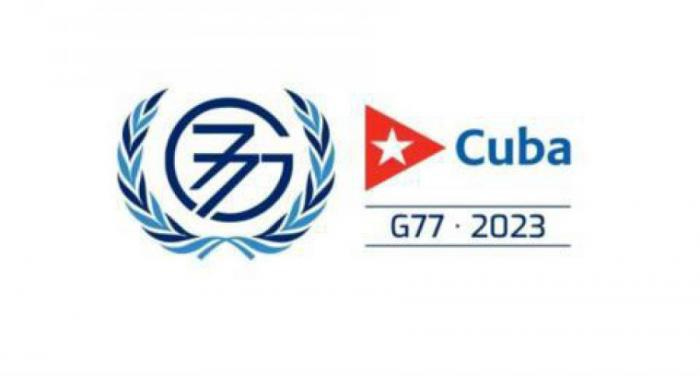Cuba is hosting, on September 15-16, 2023, a meeting of the G-77 plus China, in its capacity as President pro tempore for 2023. According to Dr. Mario Antonio Padilla Torres, professor and researcher at the Center for Investigation of International Politics in Havana, the event occurs at a historical moment in which countries in development are seeking to change the architecture of international relations. The interest of Cuba is to strengthen the process of change in the international economic order toward a multipolar world with solidarity among nations.1
The Group of 77 was created on June 15, 1964, by seventy-seven nations during the First UN Conference on Commerce and Development (UNCTAD) for the purpose of promoting the collective economic interests of its members. The Group has maintained its name, in spite of the fact that it has reached 134 members.
For review of the historical context of the founding of the Group of 77 as well as a report on speeches by Cuba…



